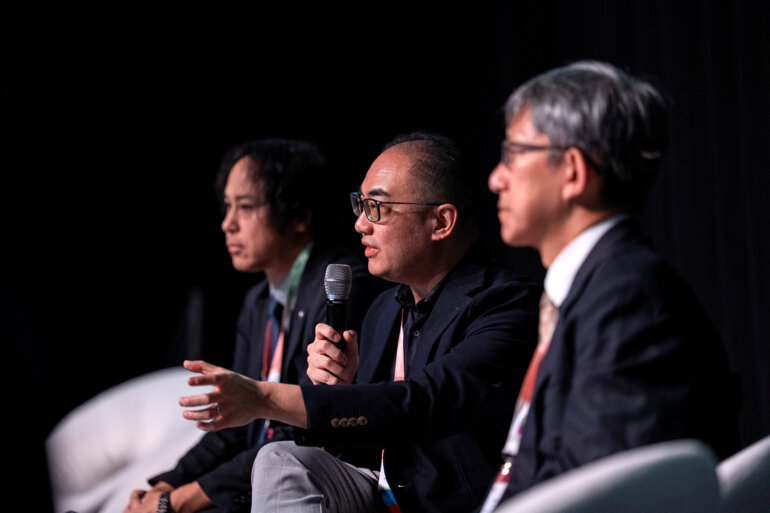In an ESMO-SIOPE survey, only 10% of respondents report they received adequate education in medical school about how to tailor cancer care to this population
Individuals within the lesbian, gay, bisexual, transgender and queer (LGBTQ) community have specific cancer-related issues, which may affect access to and the quality of cancer care they receive (CA Cancer J Clin. 2015 Sep-Oct;65(5):384-400). Despite medical oncologists are generally comfortable treating these patients, a lack of confidence in how to adequately address their health and psychosocial needs was reported in a survey developed by the Adolescents and Young Adults Working Group of the European Society for Medical Oncology and the European Society for Paediatric Oncology, with results just released on ESMO Open (Article in Press).
Responses were collected from 672 oncology professionals from 75 countries across the world, in the period 15 December 2020 – 31 January 2021, to assess the attitudes of cancer care providers toward treating people with cancer of this sexual and gender minority group.
In the survey, the majority of responders expressed an interest in getting further education about how to manage cancer in LGBTQ patients, with only 10% of responders agreeing that they received adequate postgraduate training in medical school. While the psychological needs of LGBTQ individuals were clearly understood by 14% of oncology professionals, high degrees of uncertainty among responders were found regarding specific cancer risk factors for this community, including smoking and exposure to human papillomavirus, and the need for cancer screening.
Although patients’ disclosure of sexual orientation and gender identity may help practitioners deliver tailored information, thus avoiding assumptions of heterosexuality and a heteronormative language (Psychooncology. 2018 Jun;27(6):1480-1489), oncologists seem not to enquire about these sensitive personal data in routine practice despite more than half of the survey respondents recognised their value.
Although an increasing number of individuals identify themselves as LGB or transgender, there is a paucity of evidence-based recommendations for the management of cancer in this population. This survey represents a valuable asset to advancing health equity for all people with cancer, including those who are part of minorities.






